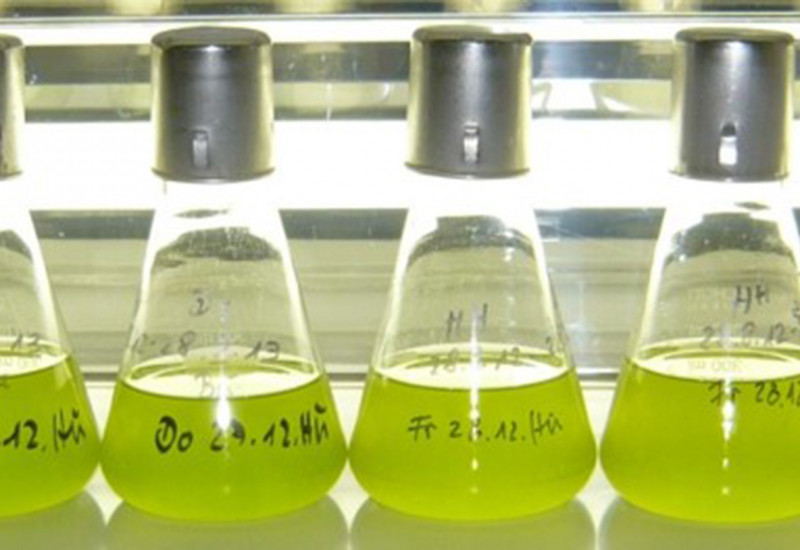Certain substances are harmful to man and the environment. The AskREACH project will raise awareness on Substances of Very High Concern in articles among the European population, retailers and industry. Consumers can use a smartphone app to get information on such substances or send requests for information to suppliers. The European Chemicals Regulation REACH provides the legal framework. read more









